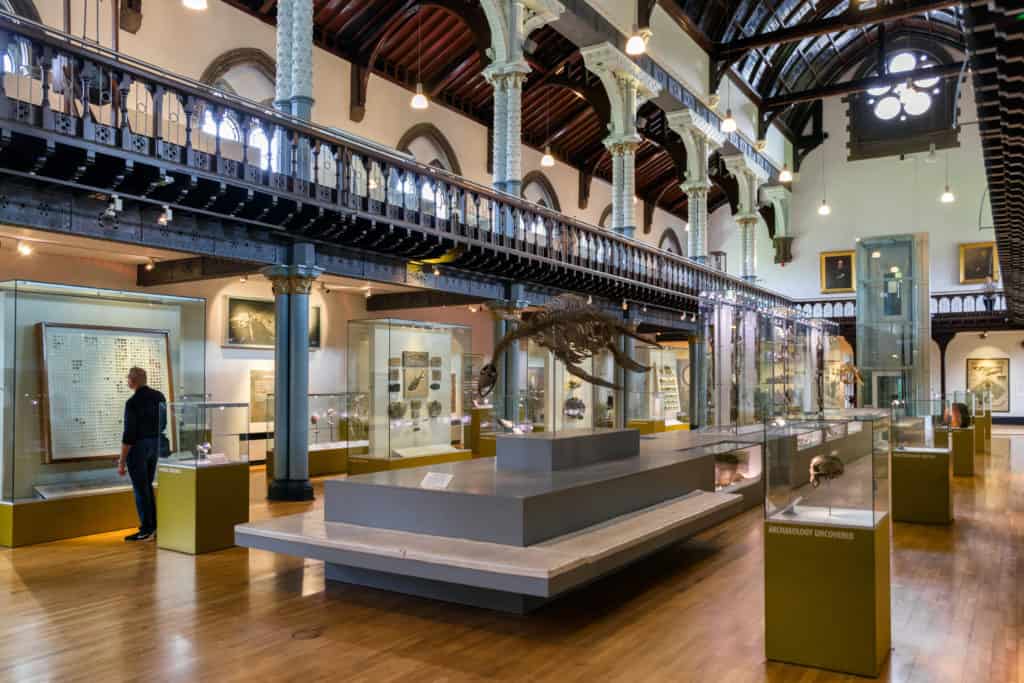If you’re anything like us, then you probably dread the thought of visiting a museum. It can be a bit of an ordeal. Luckily, there are plenty of things that even the most staunch anti-museum person can appreciate about them. So read on if you too dread the idea of visiting a museum and want to know why you should make an effort to visit one instead. Here are 15 Things You Should Know About Museums Before You Visit One

You don’t just visit a museum
Visiting a museum is not simply a visit to an art gallery or a museum. Rather, it’s visiting the art and artifacts housed within the walls of the building that make up the museum itself. This means visiting the architects, the curators, the conservators, and the many other staff and volunteers that make up the museum as we know it today.
It’s visiting the galleries, the artifacts, the art, the architecture, the architecture itself, the lighting, the sound, and, of course, the visitors. And, all of this happens within the walls of one building, making museums the ideal place to explore architecture and design, curation and conservation, and the collections they house.
Museums are educational institutions
Most museums are educational institutions. This means that they are here to enlighten visitors, not simply to make money from them. In fact, museums often get a charge from educating visitors, making them learn about the world and about themselves. Museums are also often extremely inclusive, allowing visitors of all ages, backgrounds, and interests to participate, learn, and experience together.
This, again, makes them a welcoming and diverse place to visit, with everyone, regardless of age, background, or interest being able to learn and grow together. From science to art, to architecture and design, and to history, there’s something for everyone at a museum.
Museums are full of rich cultural history
Museums generally have a lot of history and cultural heritage behind them. This means that museums are places to learn about the history of where you are visiting, the cities and countries you are in, and even the world itself. While museums are often in cities and countries with rich history, this doesn’t mean that you can’t learn about history and heritage in places with little heritage behind them, as well.
So, a museum with a rich cultural history behind it can teach you about the history of where you are visiting and the city itself. A museum with little or no cultural history behind it can introduce you to the city, help you learn about it, and help you understand what is behind it and why it is the way it is.
Museums are incredibly diverse and inclusive
Diverse and inclusive museums are the best. They are inclusive and welcoming places, open to all visitors regardless of race, gender, sexuality, age, ability, or any other relevant factor. And museums need to be both of these things. Today, we live in a world where being diverse or inclusive doesn’t mean you’re ‘different’ or ‘weird’, it simply means you’re open to everyone, you’re accepting of everyone, and you don’t discriminate against anyone based on their race, sexuality, gender, or any other factor.
Museums need to be this way. Museums need to offer an experience where anyone can visit, where every visitor is accepted, and anyone is allowed to participate. It may seem a bit ‘touchy-feely’ for some people, but feeling included and accepted is far more powerful than simply being told ‘you’re welcome’.

Museums shouldn’t be free to visit
Museums are free to visit. This means that museums are often free to visit, and they’re free to visit. This is not the case with many other things such as parks, galleries, tourist attractions, and historic places. In many places, you have to pay to visit these things, often having to pay for parking, admission, or other things.
When you visit a museum, you don’t have to pay for anything, you don’t get ticketed, and you don’t get charged for parking. You can simply walk straight in, listen to the sound and lighting, walk around the architecture, walk through the galleries, and walk out. No ticket, no entrance fee, no parking fee. This is how it should be.
Museums should have free admission on the first Saturday of every month
Free admission on the first Saturday of every month is a fantastic concept. Most museums are free to visit on the first Saturday of the month because many museums hold free days on different days of the month. So, if you want to visit a museum on the first Saturday of the month, you often have to visit on one of these other days. This isn’t ideal as museums should be free on that day, not on one of the other days. This is how it should be, however.
Museums aren’t just for art lovers and scholars
Museums aren’t just for art lovers and scholars. This means that museums open their doors to anyone who wants to visit, regardless of experience or interest in the subject matter. This is often the case with many museums, who are not just for art lovers or scholars, but for everyone.
When you visit a museum, you don’t need to be an expert in your field or know everything about the subject matter. You don’t even need to know anything about the subject matter. What you do need to do is visit a museum, participate, and experience something new.
Museums have staff and volunteers who make them what they are today
Museums have staff and volunteers who make them what they are today. This means that museums, generally, have a rich staff, volunteers, and other volunteers who make the museum what it is. This is often the case with smaller, local museums that have rich and experienced staff who have been there for years and who are passionate about the museum and the city it’s in, as well as the rich cultural heritage behind it.
Bigger, more international museums often have a mix of staff, volunteers, and, often, academics who are passionate about the subject matter, but are not often as experienced and passionate. Both, however, are essential to museums, and both are what make them what they are.
Museums can be easily enjoyed by everyone, not just experts in their field. Here’s how
Museums are easy to enjoy by everyone, not just experts in their field. This is because museums are often open to anyone, regardless of experience or interest in the subject matter. This means that you don’t need to know anything about the subject matter to appreciate a museum, you just need to walk through the doors, enjoy the architecture, the lighting, the sound, and the collections they house.
This is easy for everyone, even those without an interest in the subject matter. No expertise is required, just enjoyment. This is an important thing to remember when visiting museums as it’s easy for people to get stuck in a rut of visiting only the museums they know and love, or only the museums they know something about.







